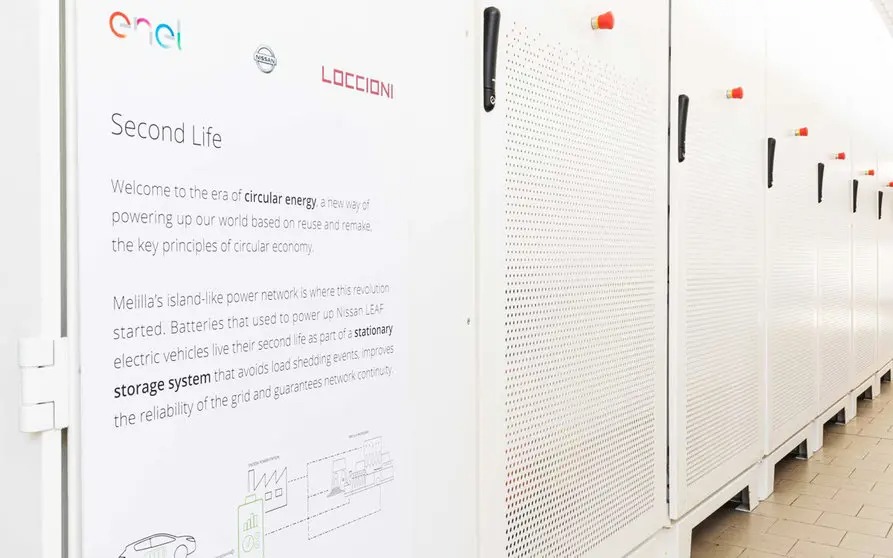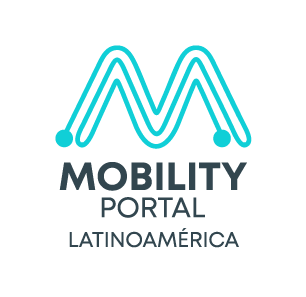Nissan together with Endesa launched a pioneering project in Europe, called «Second Life«, which will use used batteries from the Japanese manufacturer’s electric vehicles in a power plant in Melilla, operated by Endesa.
This will aim to improve grid stability and help meet the needs of an isolated grid.
«Second Life is based on the principles of the circular economy. The World Economic Forum (WEF) selected it as a «member initiative».
Melilla has an energy isolated system from the rest of Spain. This poses a challenge at specific times. From now on, the autonomous city will be backed by a storage system based on interconnected car batteries.
The project takes advantage of advanced technology based on the idea that once the useful life of a battery inside an electric vehicle has come to an end, these batteries are recycled and assembled into a large stationary storage system.
The batteries provide 4 megawatts (MW) of power and the ability to produce up to 1.7 megawatt-hours (MWh) of energy in the event that the power plant is disconnected from the system.
As part of the collaboration, Nissan has provided the batteries for its electric vehicles and Loccioni, a systems integrator, has ensured the proper integration between the batteries required for the circular process.
This system is integrated into Endesa’s facilities in Melilla to avoid interruption of the electricity supply in the event of excessive load, improve grid reliability and ensure continuity of grid service to the local population.
The backup generator is made up of 48 used Nissan Leaf batteries and 30 new ones.
The storage facility can inject energy into the Melilla grid for 15 minutes, enough time to restore the system and restart the electricity supply.
The autonomous city of Melilla has a population of almost 90,000 inhabitants and is served by a local electricity grid, fed by the Endesa power plant and isolated from the national grid.
«Second Life» takes advantage of advanced technology based on a simple idea: once the useful life of the vehicle has come to an end, the battery still retains many of its properties.
They are therefore recycled and assembled in a large stationary storage system.
Soufiane Elkhomri, Director of Energy Services, Nissan AMIEO (Africa, Middle East, India, Europe and Oceania) region, said: «At Nissan, we believe that the future will be electrified. Through partnerships like this, we can make the future smarter and more efficient.
«The collaboration with Enel has allowed us to create a model for the second life of a battery, which can be applied to many other use cases,» he added.
Ensuring that vehicle batteries remain sustainable remains a priority for Nissan. Hence the brand is supporting the Second Life project as part of Ambition 2030, the company’s long-term vision to power mobility and beyond.





















